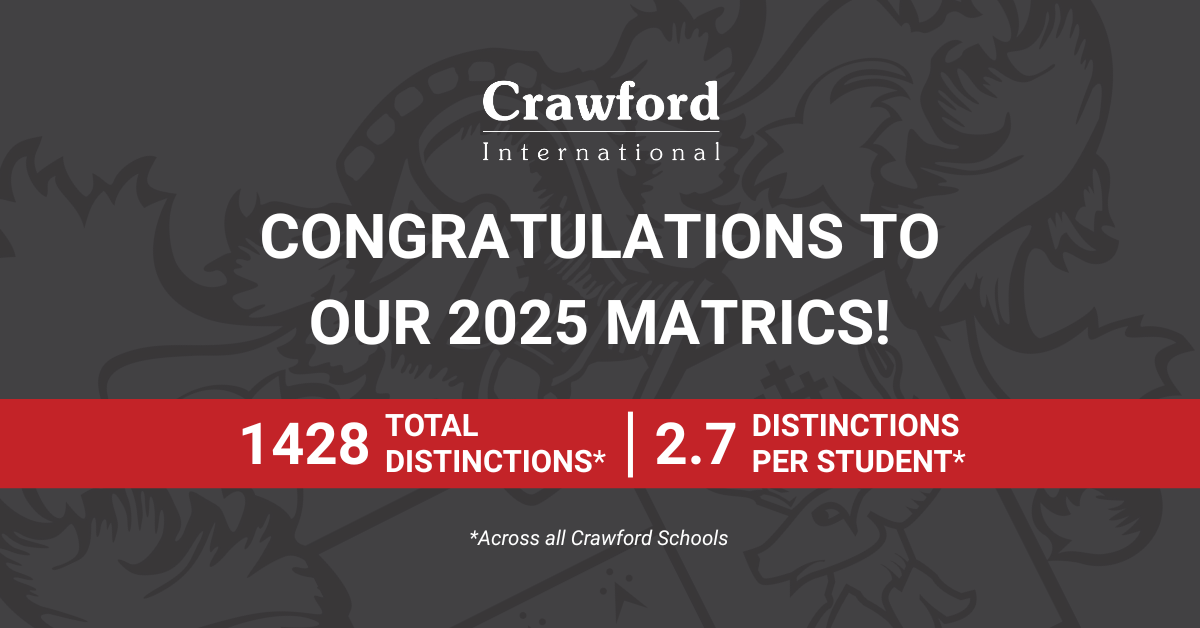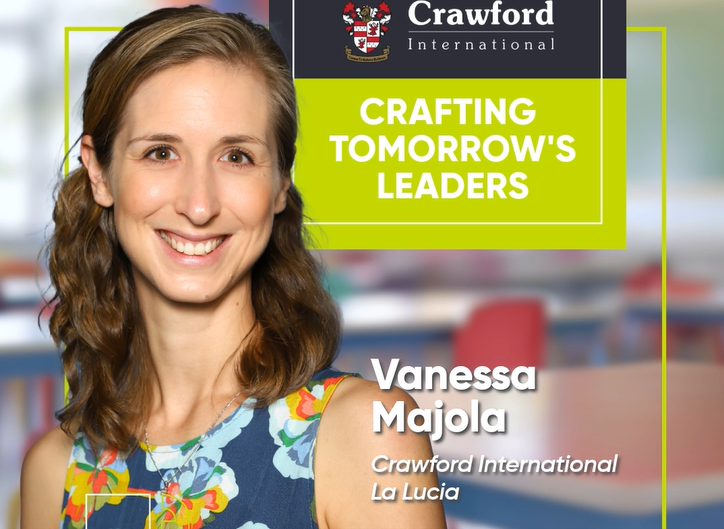How to stay focused and not get distracted while studying
April 28, 2023
Tips to get your mind off social media and into the books instead

Picture this: You have prelims coming up and you decide to give your brain some downtime before a serious study session. Four hours later and you’ve gone down a TikTok wormhole that’s turned all thoughts of exam prep into a distant memory.
If this scenario feels familiar, don’t worry, you’re not alone. Recent research shows that the average student spends five minutes out of every 15 distracted by digital media while studying. And as if the socials aren’t distracting enough, there are the messages and calls from friends, your extra murals, and any number of external stimuli and internal humdrum that take your mind off the hard work of studying. The result is that you can’t focus, you can’t retain any information, and you end up overstressed and underachieving.
Luckily there are ways to avoid distractions while studying. Here are some tips and advice to help you stay focused on your studies without getting distracted.
1. Get organised with a routine
Juggling a thousand and one things at a time often means things fall through the cracks. Use a daily planner or bullet journal to keep track of your study tasks for each day, splitting your day into different blocks – one for each to-do item on the list. Because when it comes to studying, multitasking is a concentration killer. Planning helps you focus on one thing at a time.
It’s also a good idea to plan your study time around your most productive periods of the day – if you find it easier to focus and finish tasks earlier in the day, then that’s when you should be studying. Use the afternoon for your other activities and tasks.
2. Make yourself a study space
Where is the best place for you to study? For some, a quiet spot helps their mind maintain focus, while others find ambient, everyday noise helps more. The kind of desk, chair, even lighting affects us all differently. Get to know what your ideal spot is and create your study space. Then, keep that space organised and keep everything you may need close to hand. Because a messy workspace – where piles of notes are scattered around and every imaginable surface is covered is sticky notes – only draws your mind’s attention away from the task at hand.
3. Put the phone off and far, far away
Constant pings and buzzes going off in the background only make you yearn for that comforting “phone in the hand” feeling. And seeing those tell-tale red circles and lit up screen is even worse. So switch your phone off when you’re studying and put it somewhere out of reach, like up on a shelf or in a drawer. And if that feels too drastic, turn on the “Do Not Disturb” mode and place it face down. That way you will be able to receive a call if someone really, really needs to get hold of you.
4. Use the power of sound
Sound is a really powerful tool – and a powerful distraction. Use this to your benefit by eliminating unnecessary and distracting sounds, like traffic or construction noise, kids playing in your neighbourhood, or the sound of the TV from the living room. Noise-cancelling headphones are perfect for this, as are heavy-duty earplugs.
Listening to music or white noise through in-ear buds will also help to drown out distracting sounds, but be careful of what you’ve got on your playlist. Experts recommend classical or instrumental music for studying, and there are also types of ambient and white noise that prime the brain for learning. There are oodles of predetermined study playlist available on music streaming services, so find one that vibes with you.
5. Find little ways that help you focus
There are other little tricks that can help your brain concentrate. Try sitting on an exercise ball instead of a chair, or stand up and use a whiteboard as you make notes. You could even chew gum to help you focus, or squeeze a stress ball or use a fidget device.
6. Don’t cram – slow and steady wins the race
When you look at all your study material as a whole, it can feel overwhelming and so you’re even more vulnerable to distractions. Planning ahead and breaking your studies into more manageable pieces helps to manage this. Because you don’t want to be stuck with only a few hours until exam time, and an entire year’s worth of work to review. List manageable tasks in your study plan and hit those goals hour by hour.
7. Reward yourself for a job well done
Positive reinforcement is another powerful tool you can use to your advantage. So, whenever you reach a certain study goal (you reviewed two chapters today, for example), give yourself a little reward to encourage your brain to come back for another session. This has to be something you enjoy, like going for a run, watching a (single) episode of your favourite series, sitting down with a nice cup of tea, etc. Whatever will serve as motivation for you to continue hitting those study goals, because for each item you knock off your plan, you are that much closer to being able to ace your exam with confidence.












